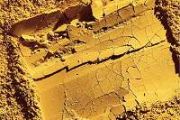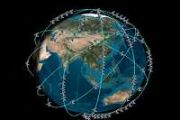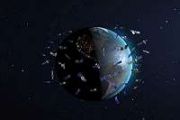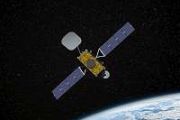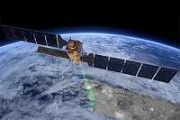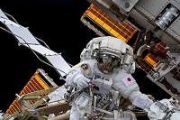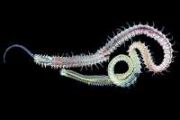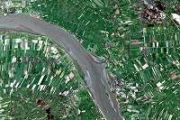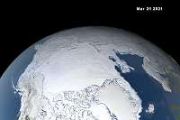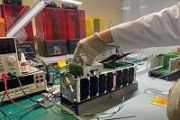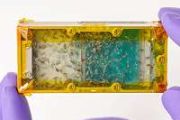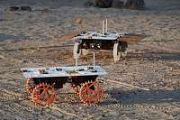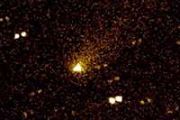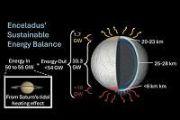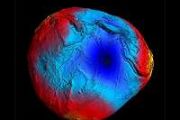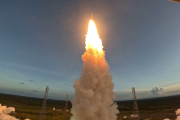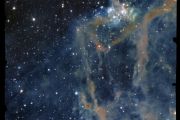
Copernical Team
New home for Earth’s protectors
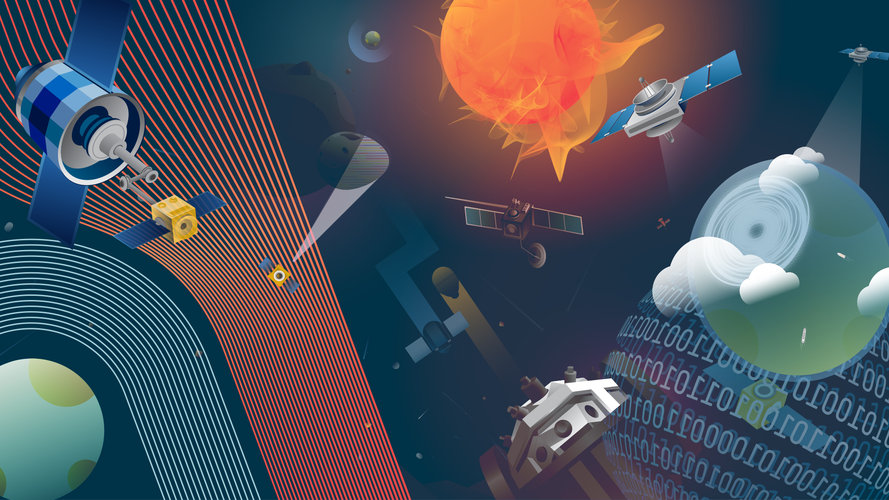
ESA’s new Space Safety Centre is a hub for activities protecting our planet from a raging star, risky asteroids and defunct satellites.
ESA Director General Josef Aschbacher inaugurated the Centre today at the Agency’s ESOC mission control centre, in Darmstadt, Germany.
The impact of long-term spaceflight on cerebrospinal fluid and perivascular spaces in astronauts and cosmonauts

An international team of researchers has conducted an extensive study of the impact of long-term space flight on the eyes and brains of astronauts. In their paper published in Proceedings of the National Academy of Sciences, the group describes their study of MRI scans of both astronauts and cosmonauts before and after venturing into space and the differences they found between the two groups.
When humans venture into space, their bodies undergo changes due to freefall. Prior research has shown that a person's height can be impacted, for example, due to less downward pressure on the spinal column. More recently, as flight times have expanded, researchers have found that the great reduction in gravity also impacts vison and the brain. In this new effort, the researchers took a close look at such changes by studying MRIs made of 24 astronauts and 13 cosmonauts before they went into space and then again within two weeks of their return to Earth. All those studied had spent a minimum of six months in space. The researchers also looked at MRIs of astronauts that had been in space for just two weeks as part of NASA shuttle missions, and also at a few astronauts with the European Space Agency.
Space balloon company offers first look at luxury cabins
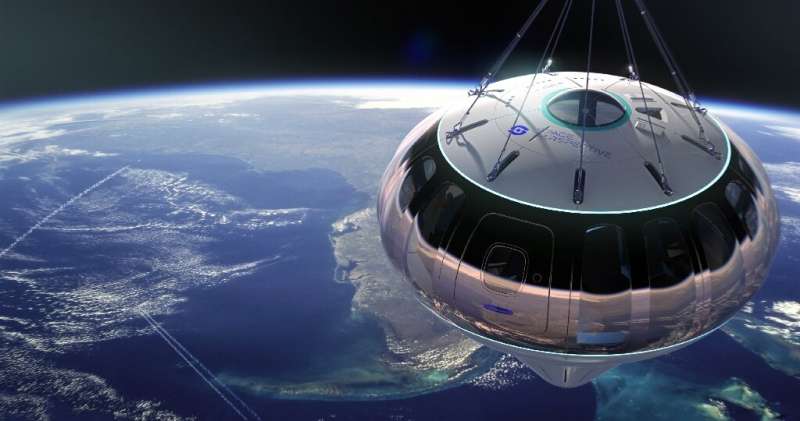
A new entrant in the space tourism market promises customers views of the Earth's curvature from the comfort of a luxury cabin, lifted to the upper atmosphere with a giant balloon.
Space Perspective on Tuesday revealed illustrations of its swish cabins, which it hopes to start launching from the Kennedy Space Center in Florida from late 2024. More than 600 tickets have so far been sold, at $125,000 each.
With five-feet (1.5 meter) high windows, deep seats, dark, purple tones and subdued lighting, the atmosphere contrasts with the white and sanitized capsules of its competitors.
Wifi connectivity and a drinks bar round out the "Space Lounge" inside the company's Neptune capsule.
An astronaut awakes | Cosmic Kiss
 Video:
00:01:35
Video:
00:01:35
ESA astronaut Matthias Maurer gives a glimpse into his morning routine aboard the International Space Station during his Cosmic Kiss mission.
Matthias’s crew quarters, known as CASA (short for Crew Alternate Sleep Accommodation), is located within the European Columbus science laboratory module. The glowing pink light of this module comes from NASA’s Veggie facility, where astronauts help researchers study plant growth in microgravity.
Each astronaut aboard the Space Station has their own crew quarter. No larger than a changing room, this is their bedroom in space where they can store personal items, use a laptop to contact friends and
Submissions open for Copernicus Masters 2022
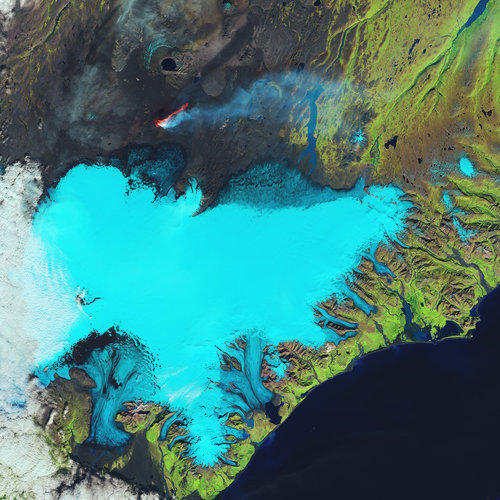
Submissions open for Copernicus Masters 2022
Checking in on the cameras of NASA's asteroids-bound Lucy spacecraft
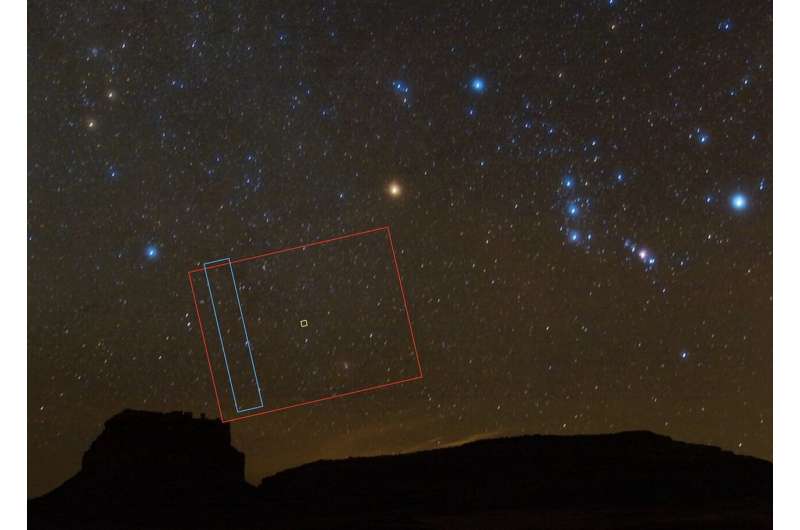
On Feb. 14, NASA's Lucy spacecraft, which is in the first few months of its journey to the Trojan asteroids, obtained a series of calibration images with its four visible-light cameras.
Chinese satellite ground station receives Landsat-9 data
 The China Remote Sensing Satellite Ground Station has formally acquired the capability to receive, process and distribute the data product transmitted from the Landsat-9 satellite, according to the Aerospace Information Research Institute, Chinese Academy of Sciences.
The station has received data from the Landsat-5 since 1986. It also provides Landsat-7 and Landsat-8 observation data for
The China Remote Sensing Satellite Ground Station has formally acquired the capability to receive, process and distribute the data product transmitted from the Landsat-9 satellite, according to the Aerospace Information Research Institute, Chinese Academy of Sciences.
The station has received data from the Landsat-5 since 1986. It also provides Landsat-7 and Landsat-8 observation data for First-of-its-kind detection of reduced human CO2 emissions
 For the first time, researchers have spotted short-term, regional fluctuations in atmospheric carbon dioxide (CO2) across the globe due to emissions from human activities.
Using a combination of NASA satellites and atmospheric modeling, the scientists performed a first-of-its-kind detection of human CO2 emissions changes. The new study uses data from NASA's Orbiting Carbon Observatory-2 (O
For the first time, researchers have spotted short-term, regional fluctuations in atmospheric carbon dioxide (CO2) across the globe due to emissions from human activities.
Using a combination of NASA satellites and atmospheric modeling, the scientists performed a first-of-its-kind detection of human CO2 emissions changes. The new study uses data from NASA's Orbiting Carbon Observatory-2 (O 17-year Neptune study reveals surprising temperature changes
 The heating-and-cooling changes of Neptune's atmospheric and global temperatures have caught the attention of the astronomers who have monitored them over 17 years, a study released Monday shows.
The expert international team spent nearly two decades keeping a close watch on the gaseous planet's temperatures using ground-based telescopes, including the European Southern Observatory's Ve
The heating-and-cooling changes of Neptune's atmospheric and global temperatures have caught the attention of the astronomers who have monitored them over 17 years, a study released Monday shows.
The expert international team spent nearly two decades keeping a close watch on the gaseous planet's temperatures using ground-based telescopes, including the European Southern Observatory's Ve L3Harris awarded $117M space object-tracking modernization contract
 L3Harris Technologies (NYSE:LHX) has been awarded $117 million for option-year three of a U.S. Space Force and U.S. Space Command contract to continue maintaining and modernizing infrastructure to track objects in space. The Maintenance Of Space Situational Awareness Integrated Capabilities (MOSSAIC) program has an estimated contract value of $1.2 billion over 10 years.
L3Harris won the in
L3Harris Technologies (NYSE:LHX) has been awarded $117 million for option-year three of a U.S. Space Force and U.S. Space Command contract to continue maintaining and modernizing infrastructure to track objects in space. The Maintenance Of Space Situational Awareness Integrated Capabilities (MOSSAIC) program has an estimated contract value of $1.2 billion over 10 years.
L3Harris won the in 
